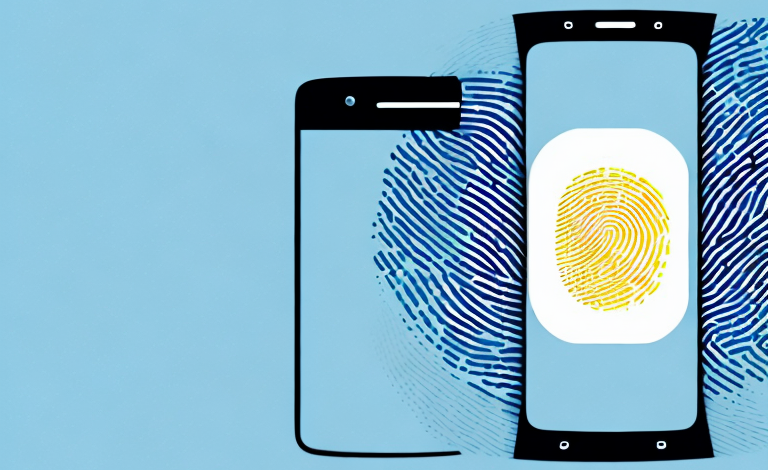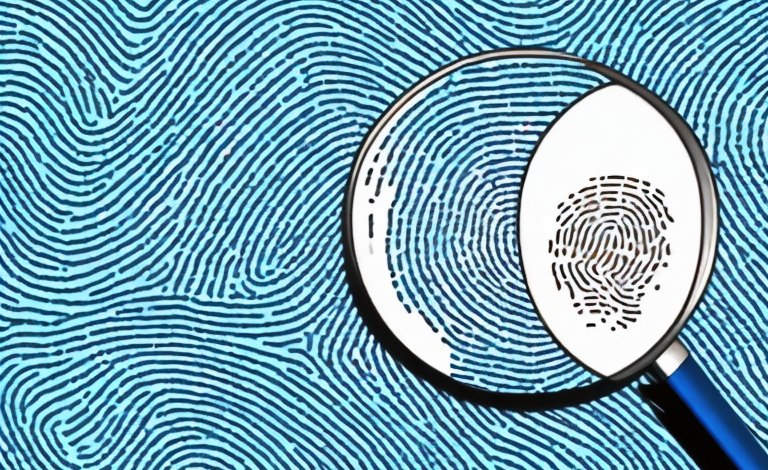In today’s world, where mobile devices have become an extension of our lives, security has become one of the major concerns for everyone. Among various security measures, fingerprint unlock has gained immense popularity in recent years. However, with the advancement of technology, it is natural to ask whether it is safe to rely solely on biometrics such as fingerprints to secure our mobile devices. In this article, we will explore the advantages and disadvantages of fingerprint unlock and will provide you with all the necessary information to help you decide whether you should use it or not.
What is fingerprint unlock and how does it work?
Fingerprint unlock, as the name suggests, is a biometric authentication method that uses the unique ridges and valleys of a person’s fingers to unlock a mobile device. This method of authentication is based on the fact that no two fingerprints are ever the same. A fingerprint sensor is embedded in a device which captures the fingerprint pattern of a user and compares it with the pre-registered fingerprint data. If the pattern matches, the device is unlocked, and if not, it remains locked.
Advantages of using fingerprint unlock over other security measures
One of the main advantages of fingerprint unlock is its high level of security. Since it uses a unique feature of an individual, it is almost impossible for anyone to replicate it. Furthermore, it eliminates the need to remember complex passwords or patterns, making it user-friendly and convenient. It is a fast and reliable method of authentication that requires no additional hardware or software.
Disadvantages of using fingerprint unlock
However, with everything that has advantages, there are also disadvantages to consider. One of the most significant drawbacks of fingerprint unlock is its reliability. Sometimes, the sensor may not recognize the fingerprint due to changes in finger size, moisture, or smudges on the sensor. Although this drawback is not exclusive to fingerprint unlock and can happen with any other authentication method, it can be frustrating if you are in a hurry to access your device. Additionally, there is always a risk of fingerprint data being stolen, which may compromise your privacy.
Fingerprint unlock vs. password: Which one is more secure?
When it comes to security, both fingerprint unlock and password have their pros and cons. Passwords are easy to set up, and individuals have full control over them. However, they are more susceptible to hacking and guessing attacks. On the other hand, fingerprint unlock is more secure since it is unique and difficult to replicate. However, there have been instances where fingerprints have been cloned or captured, leading to security breaches.
How to set up and use fingerprint unlock on your device
The process of setting up and using fingerprint unlock varies from one device to the other. Usually, it can be set up by accessing the security settings of your device and selecting the fingerprint option. Follow the instructions provided by your device manufacturer to register your fingerprints, and you are good to go. Make sure to keep your device updated with the latest security updates and avoid sharing your device with others.
Troubleshooting common issues with fingerprint unlock
If you face any issues with fingerprint unlock, such as the sensor not recognizing your fingerprint, you can try cleaning the sensor with a cloth or restarting your device. If the problem persists, it is best to contact the customer support of your device manufacturer.
Biometric authentication: The future of mobile security
As technology advances, biometric authentication has gained popularity and has become the preferred security method for most individuals. Various biometric authentication methods, such as facial recognition, voice recognition, and iris scans, have already been introduced or are soon to be available on the market. Biometric authentication is the future of mobile security and will continue to evolve to provide more efficient and secure ways to authenticate mobile users.
Do other biometric authentication methods offer better security than fingerprint unlock?
While other biometric authentication methods, such as facial recognition or iris scans, offer an additional layer of security, they also have their disadvantages. These methods require additional hardware, and their accuracy varies from device to device. Additionally, these biometric methods require a higher level of processing power, which may impact battery life.
Fingerprint unlock and privacy concerns: What you need to know
Fingerprint unlock raises privacy concerns since it involves the use of sensitive biometric data. In most cases, fingerprint data is stored in an encrypted form on the device, making it difficult for any unauthorized person to access it. However, there have been cases where hackers have been successful in accessing fingerprint data, leading to security breaches. To avoid such scenarios, it is essential to follow device manufacturer guidelines and avoid storing data on unsecured networks.
How to protect your fingerprint data from being hacked or stolen
One of the best ways to protect your fingerprint data is to use a device with advanced security features and ensure that you keep your device updated with the latest security patches. Additionally, avoid storing sensitive data on unsecured networks or using suspicious apps that may compromise your device’s security. Make sure to use a strong alphanumeric password as a backup authentication method.
What to do if your fingerprint is not recognized by the device
If your fingerprint is not recognized by the device, try the following steps:
- Clean the sensor with a cloth to remove moisture or smudges
- Try registering the same fingerprint multiple times to increase recognition accuracy
- Restart your device and try again
Can someone else access my device using my fingerprints?
It is almost impossible for someone to access your device using your fingerprints since they are unique to you. However, there are cases where hackers have been able to clone or capture fingerprints, leading to security breaches. To avoid such scenarios, make sure to keep your device updated with the latest security patches and avoid sharing your device with untrusted individuals.
The evolution of mobile security and what it means for fingerprint unlock
The evolution of mobile security has brought significant changes in the way we interact with our devices. Fingerprint unlock has evolved to become an essential authentication method, and with the introduction of other biometric authentication methods, its importance is increasing. However, it is only one of the many security measures available, and it is important to evaluate its advantages and disadvantages before deciding to use it.
Alternatives to fingerprint unlock: PIN, pattern, facial recognition, and more
Fingerprint unlock is not the only security measure available to mobile users. Other popular options include PIN, pattern, facial recognition, and iris scans. All these methods have their pros and cons and should be evaluated based on your preference and security needs.
Conclusion
In conclusion, fingerprint unlock is a reliable and convenient authentication method that has gained immense popularity in recent years. While there are some concerns regarding its security and privacy, following best security practices and keeping your device updated with the latest security patches can help mitigate the risk of security breaches. Ultimately, the decision to use fingerprint unlock or any other security measure should be based on your personal preference and security needs.


